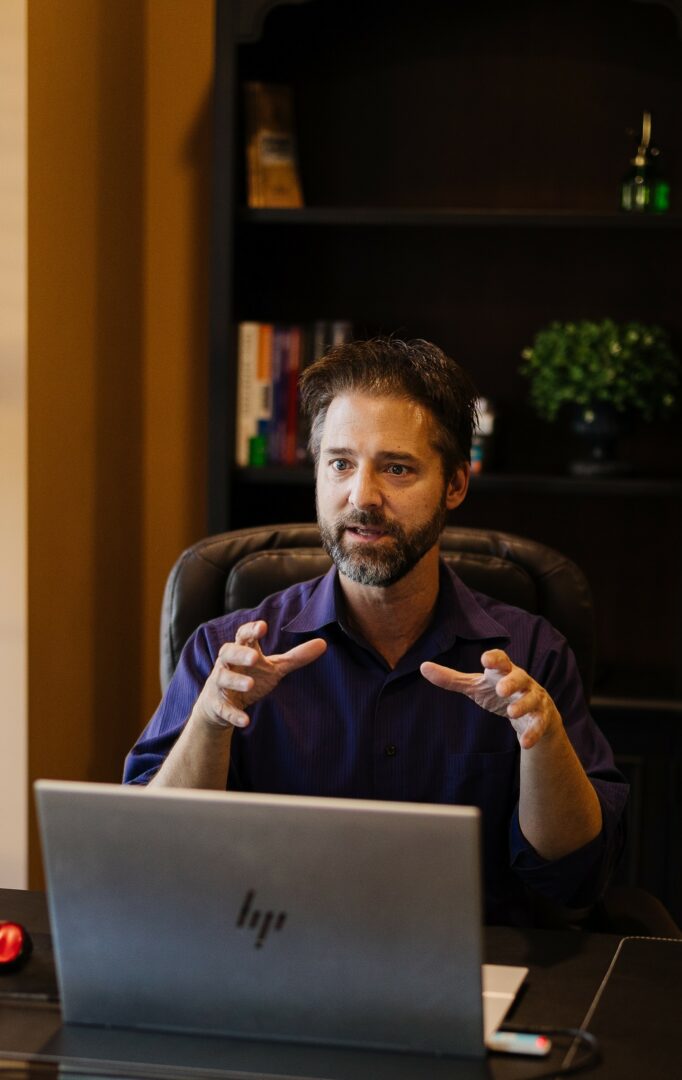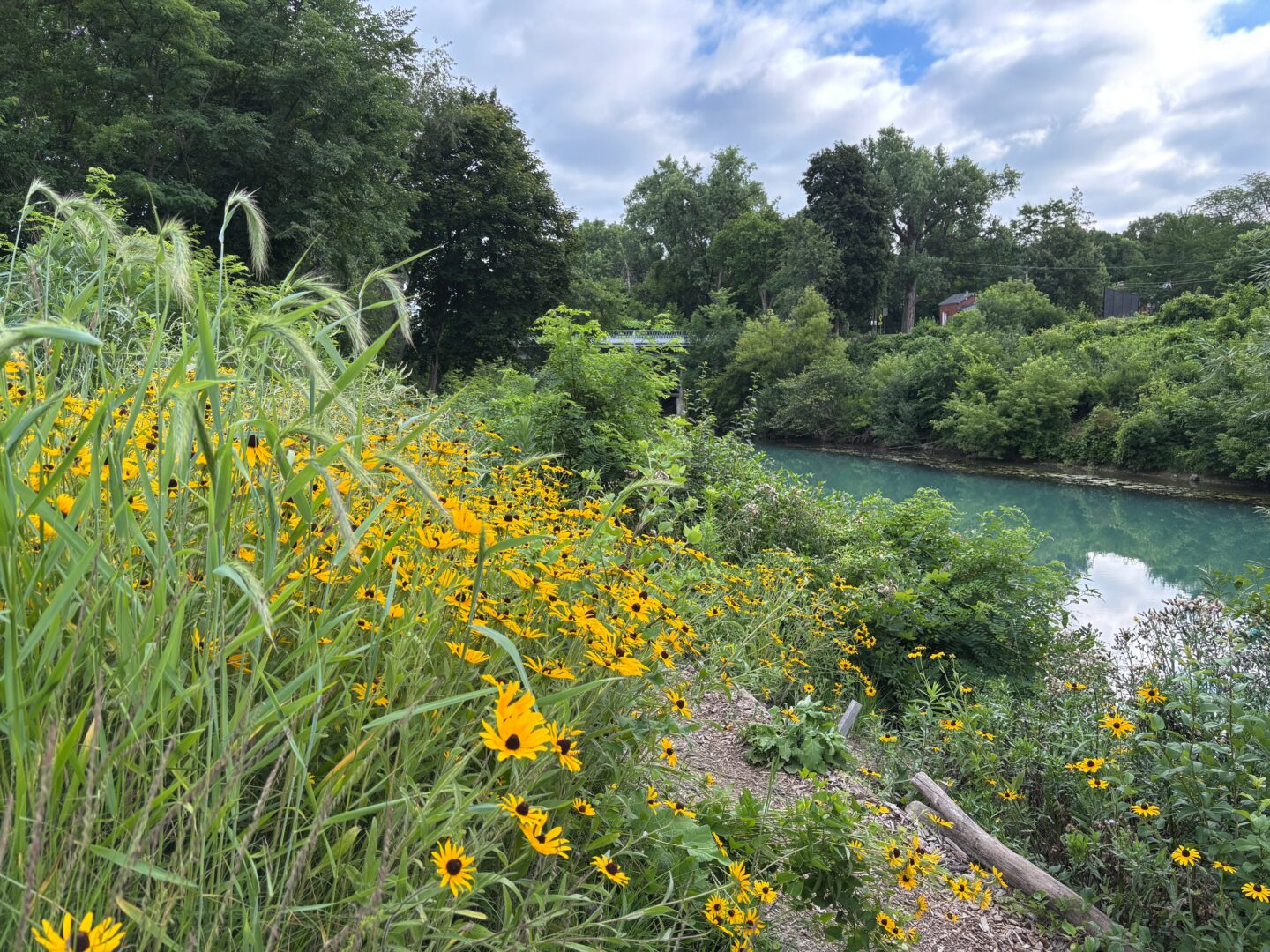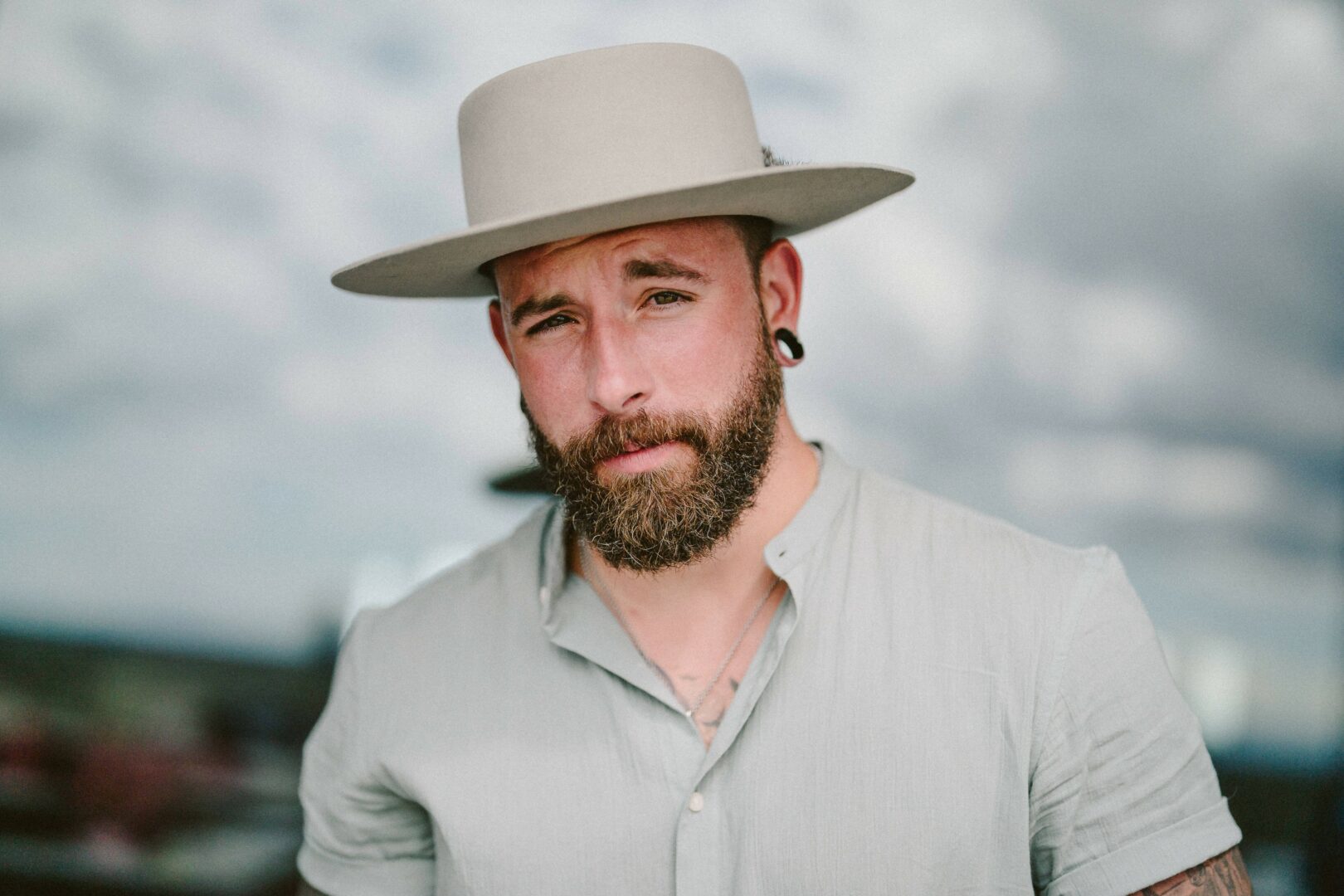We’re excited to introduce you to the always interesting and insightful Jason Mettler. We hope you’ll enjoy our conversation with Jason below.
Hi Jason, thank you so much for opening up with us about some important, but sometimes personal topics. One that really matters to us is overcoming Imposter Syndrome because we’ve seen how so many people are held back in life because of this and so we’d really appreciate hearing about how you overcame Imposter Syndrome.
I never thought I’d find myself in the health field. For years, I worked as a video producer, mastering skills in editing, motion graphics, storyboarding, and everything else that goes into pre- and post-production. I even led a team for a while. But as my department was merged with another, I saw the writing on the wall. One by one, my team members were let go, and I realized my specialized skills didn’t align with the company’s future. It was clear I’d need to reinvent myself.
At the same time, I kept hearing comments from different people about pursuing a career in health. It made me pause and think seriously about my future. For decades, I’d faced my own health challenges and had to become my own advocate, researching and experimenting to uncover answers when conventional medicine failed me. This personal journey had given me a deep respect for holistic health and natural medicine. Suddenly, the idea of stepping into this world didn’t feel so far-fetched.
Starting over wasn’t easy. After being let go, I enrolled in a two-year program to build the foundational knowledge I’d need as a naturopathic doctor. While studying, I began building a business on the side—acquiring equipment, crafting my business plan, and envisioning what this new chapter would look like.
But once I began practicing, reality hit me hard. Everywhere I looked, I saw practitioners with 10, 20, even 30 years of experience. They had an intimidating wealth of knowledge, and I couldn’t help but question myself: Who am I to think I can compete with them? What could I possibly offer that hasn’t already been done better by someone else?
That’s when impostor syndrome crept in. It was paralyzing. I’d worked so hard to get here, but the self-doubt was overwhelming.
Then, two things changed everything for me. First, I reminded myself of the unique perspective I bring to the table. My background in science, physics, and even electrical theory gave me an unconventional approach to understanding health and wellness. I wasn’t just a cookie-cutter practitioner—I had something truly different to offer.
Second, I came across a book called David Perceived He Was King. It opened my eyes in a way I never expected. The book teaches that stepping into your identity and purpose is a process. Just because something is new to you doesn’t mean you’re not ordained for it. I began to realize that my past experiences—both personal and professional—had been leading me to this point all along. The challenges I’d faced, the skills I’d acquired, and the passions I’d developed weren’t random. They were preparing me for this career.
I stopped seeing myself as an outsider trying to catch up to everyone else. Instead, I saw myself as someone uniquely equipped to help others. My health struggles gave me empathy. My years of research gave me knowledge. And my determination gave me the courage to step into this new identity with confidence. I didn’t need decades of experience to make a difference—I already had the tools to start changing lives.
Now, when I look back on my journey, I see how perfectly it all fits together. The doubts and fears I faced were part of the process, but they didn’t define me. If there’s one thing I’ve learned, it’s this: you don’t have to wait until you feel ready to pursue your purpose. Sometimes, you just have to take the leap and trust that you were prepared for this all along.
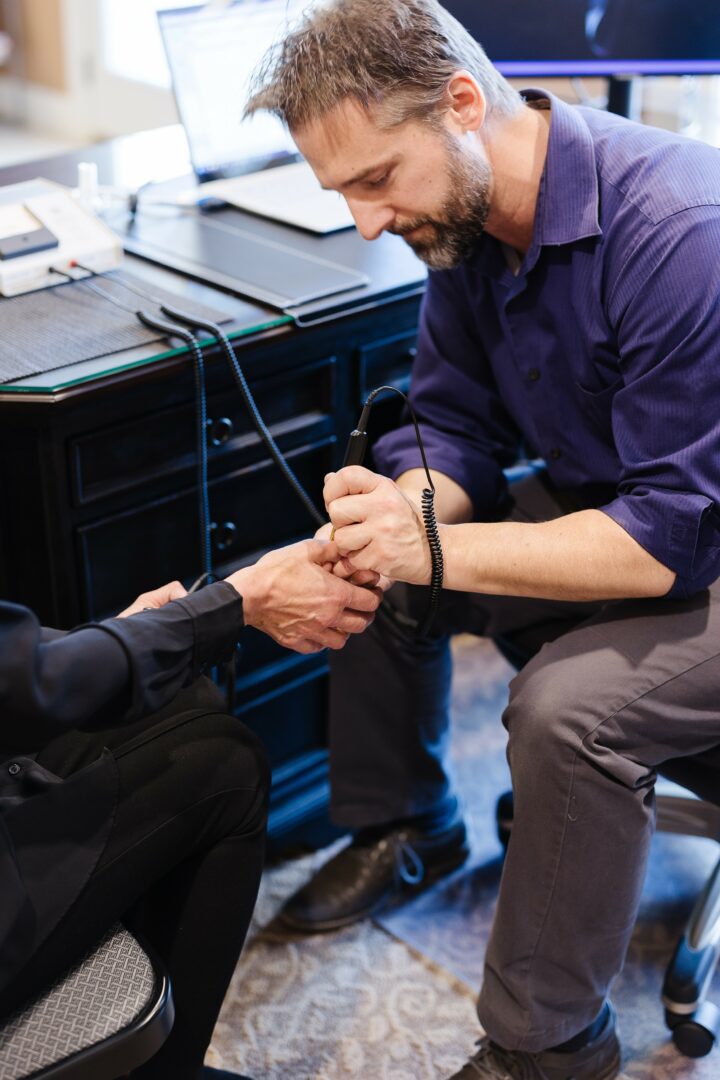
Thanks for sharing that. So, before we get any further into our conversation, can you tell our readers a bit about yourself and what you’re working on?
As a naturopathic doctor and holistic practitioner, my approach to health is rooted in seeing the person as a whole. When someone comes to me with health challenges, I don’t focus solely on treating symptoms one by one, as is often the case in conventional medicine. In those settings, you might see different specialists for various parts of your body, each offering medications, tests, or scans. But the truth is, no part of the body functions in isolation.
For example, if someone has stomach issues, the root cause might not be in the stomach at all. It could stem from another system entirely—something many traditional approaches might overlook. That’s where holistic care comes in. I explore the interconnectedness of the body and consider factors like lifestyle, food choices, sleep, sunlight, exercise, and even spirituality. These foundational aspects form the framework of health, and addressing them is often the key to unlocking healing.
At the heart of my practice is a principle I hold deeply: The body never forgets how to heal itself. It simply needs the right materials and enough energy to do so. My work revolves around identifying what’s missing—whether it’s nutrients, balance, or proper rest—or what’s interfering, such as toxins, microbes, or excess stress. Restoring this balance allows the body to regain its innate ability to repair, renew, and thrive.
One of the most exciting aspects of my work is harnessing the power of energy-based therapies. The body operates with bioelectricity, or what some might call chi or life force energy. When that energy is depleted, it can’t generate the extra power needed to heal. To support the body’s energy levels, I use cutting-edge technologies like electromagnetic fields, frequency-specific microcurrent, and other wavelengths and frequencies delivered in various ways. These tools provide the body with an external source of energy, empowering it to detoxify, repair cells, and restore balance.
In addition to this, I guide my clients through addressing deficiencies and removing obstacles like toxins or microbes that steal energy and block healing. While technology constantly evolves and new innovations emerge, many tried-and-true methods, like homeopathy, remain effective. Although homeopathy isn’t my primary specialty, I incorporate its energetic principles when it’s appropriate because its efficacy has stood the test of time for over two centuries.
Currently, I’m part of an exciting subclinical trial to test a groundbreaking laser that delivers over 400,000 healing frequencies. As we refine the technology and collect data, this tool shows incredible promise for supporting the body’s natural healing processes. It’s thrilling to be at the forefront of advancements like this, knowing they could profoundly improve people’s lives as the research matures.
What excites me most about my work is the potential to empower individuals to reclaim their health. By providing their bodies with what they need—whether that’s energy, balance, or simply the right tools for the job—I help people rediscover the power of their body’s innate wisdom. It’s a privilege to witness that transformation every day.
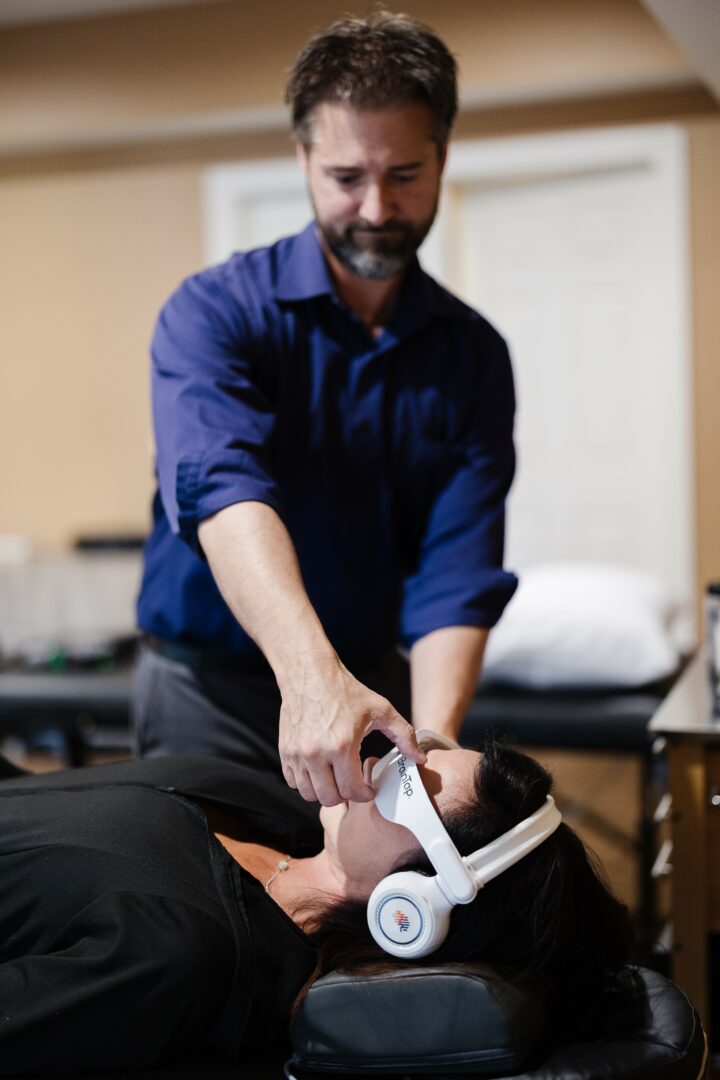
If you had to pick three qualities that are most important to develop, which three would you say matter most?
Looking back on my journey, I’ve identified three qualities that have been most impactful—not just for me, but for anyone searching for their purpose or exploring their potential. These qualities aren’t just tools for professional success; they’re vital for personal discovery and growth.
1. Curiosity
The first and most essential quality is curiosity. You have to want to know why. Why things work, why they happen the way they do, and how seemingly unrelated elements of life connect. Curiosity invites you to explore beyond surface-level understanding, uncovering the patterns and nuances that bring depth and meaning to the world.
Equally important is the courage to question what you think you already know. When we’re young, it’s easy to assume that once we’ve learned something, we’ve mastered it. But as I’ve grown older, I’ve realized how much of what I once accepted as truth was incomplete, outdated, or even intentionally misleading. True growth requires revisiting old knowledge with fresh eyes, asking, Is this actually true? Is this belief accurate as I understand it?
The process of questioning isn’t about tearing everything down all at once—it’s about gradually letting go of preconceived notions and false beliefs. This creates space for new understanding. And while starting over can feel daunting, it’s also liberating. With the wisdom of experience, you can build a stronger, clearer foundation faster than before.
2. Humility
The second essential quality is humility, particularly the willingness to acknowledge that you’re not always the smartest person in the room—and that’s a good thing. Surrounding yourself with people who are more knowledgeable or skilled in certain areas is one of the fastest ways to grow.
If you’re always the one others turn to for answers, it’s easy to stagnate. To keep learning, seek out mentors, coaches, and peers who challenge you to think differently and push you to new heights. The wisdom they share can save you years of trial and error. Instead of spending decades figuring something out, you can learn from their experiences, read their books, or follow their guidance, gaining insights in weeks or even days.
3. Problem-Solving Intelligence
The third critical quality is the ability to solve problems. To me, the true mark of intelligence isn’t about how much information you can recall or how well you can repeat what you’ve read or been taught—we have search engines for that. Real intelligence lies in synthesis—the ability to take disparate pieces of information and weave them into a novel solution.
Problem-solving involves connecting seemingly random or unrelated ideas and transforming them into something new and impactful. Whether it’s an invention, a process, or a groundbreaking idea, this kind of creativity often arises when you’ve trained your mind to think uniquely. It’s not just about inspiration; it’s about equipping your brain with the raw materials it needs—through curiosity, observation, and inquiry—and allowing your subconscious to work through those pieces to produce innovative results.
When you develop the habit of approaching challenges with this mindset, you’ll often find solutions others might say, Why didn’t I think of that? It’s because you’ve cultivated the skill of seeing connections where others don’t, and that’s what sets true problem-solvers apart.
Advice for Those Starting Out
For anyone early in their journey, I would say this: Stay curious, seek mentors, and develop the art of thinking deeply and creatively about the challenges you encounter. Be willing to question, adapt, and grow. Remember, progress doesn’t come from standing still or knowing it all—it comes from staying open, humble, and hungry to discover new ways of solving problems.
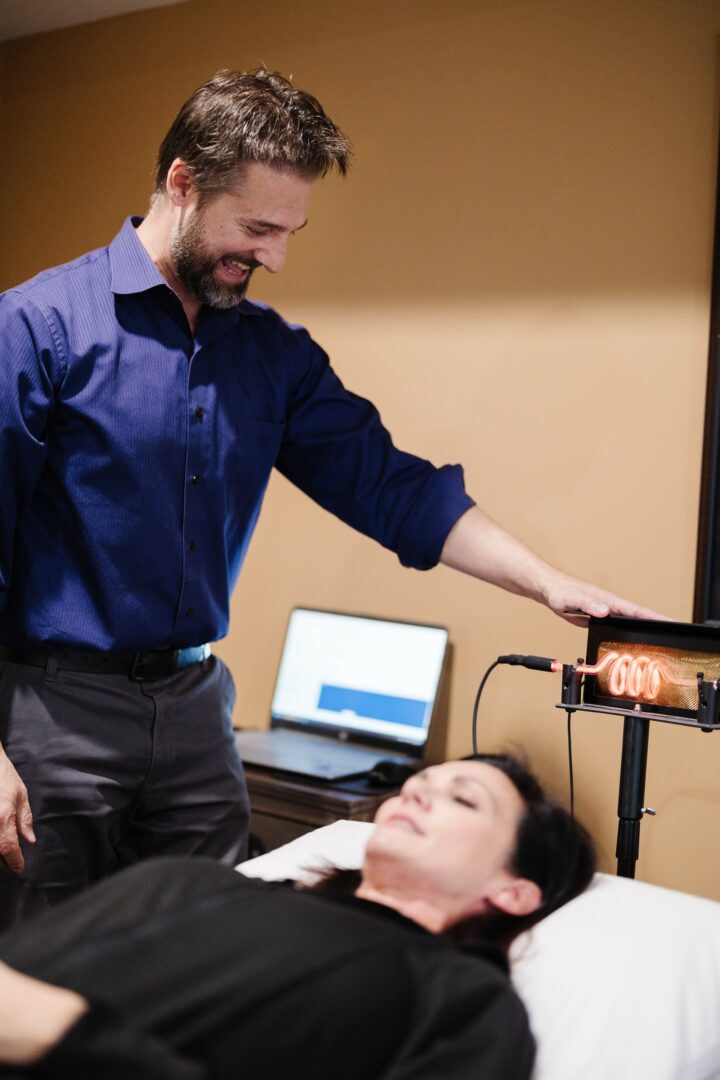
Thanks so much for sharing all these insights with us today. Before we go, is there a book that’s played in important role in your development?
One book that profoundly influenced my development is And David Perceived He Was King by Dale Mast. It centers on the concept of identity—discovering who we truly are and stepping into that identity to fulfill our destiny. Mast uses the story of King David as a metaphor, illustrating how David’s journey from shepherd to king was filled with trials and growth that prepared him for his ultimate role.
The book frames destiny not as an inevitable fate but as the natural outcome of the path we choose to follow. Our trials, successes, and even mundane experiences are shaping us for what’s to come, but only if we have the clarity to recognize and embrace our identity. Many people miss their opportunities because they don’t recognize their purpose or understand the meaning behind their challenges.
David’s story offers powerful lessons. Despite being anointed as king early on, he continued serving humbly as a shepherd and delivering food to his brothers in the army. These years of service built his character, humility, and leadership skills, preparing him to lead with integrity.
The book’s wisdom is both practical and inspirational. Here are a few standout lessons:
“Integrity determines if we will maintain the purpose of our promotion. We are elevated to help others, not ourselves.”
“How we serve will determine how we will lead, and who will follow us.”
“Remember, what we do when we are ‘not there’ determines if we get there.”
The message is clear: our early experiences—both good and bad—are not wasted. They prepare us for the roles and responsibilities we’re meant to take on. While we may never be literal kings, we can lead in our own spheres of influence, shaping our worlds with humility, purpose, and integrity.
This book reminds us that every step of our journey matters, and with courage, we can seize the destiny that awaits us. It’s an inspiring read for anyone seeking clarity about their identity and purpose.
Contact Info:
- Website: https://newparadigmhw.com/
- Instagram: https://www.instagram.com/newparadigmhealth/
- Facebook: https://www.facebook.com/newparadigmhw
- Linkedin: www.linkedin.com/in/ jason-mettler-nd
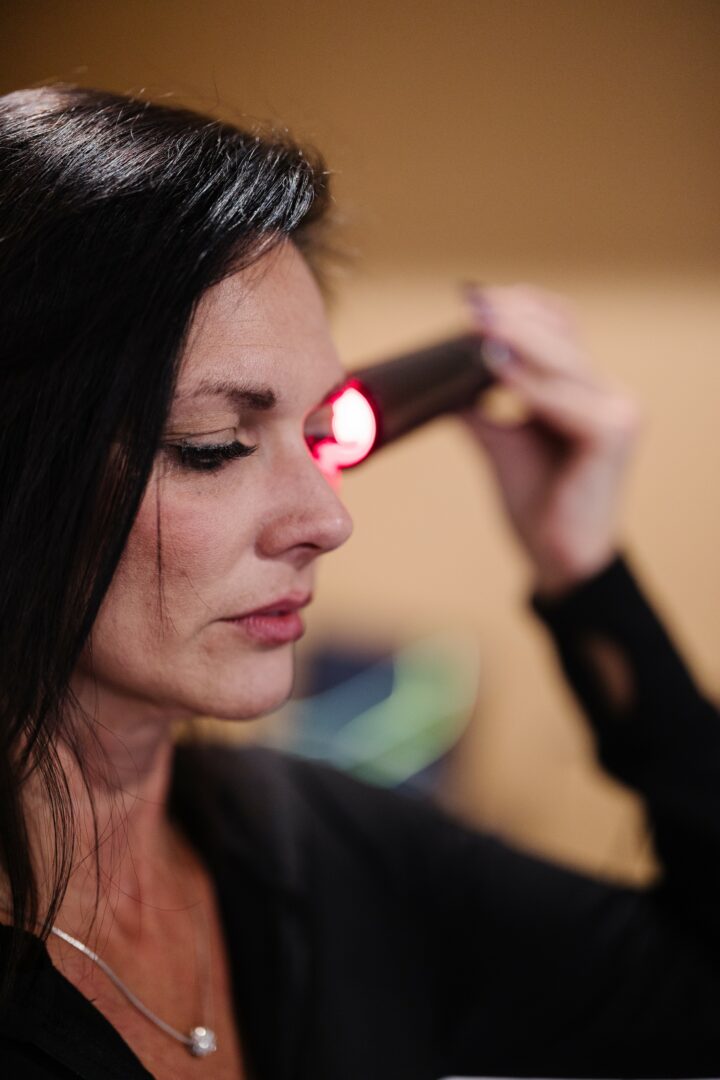
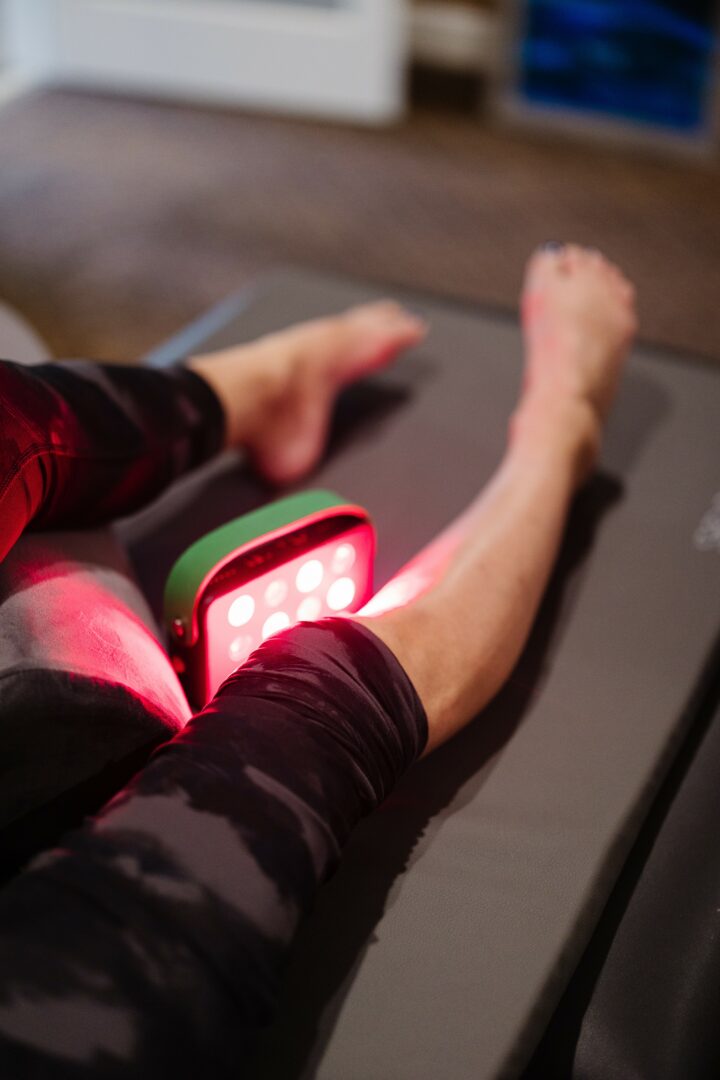
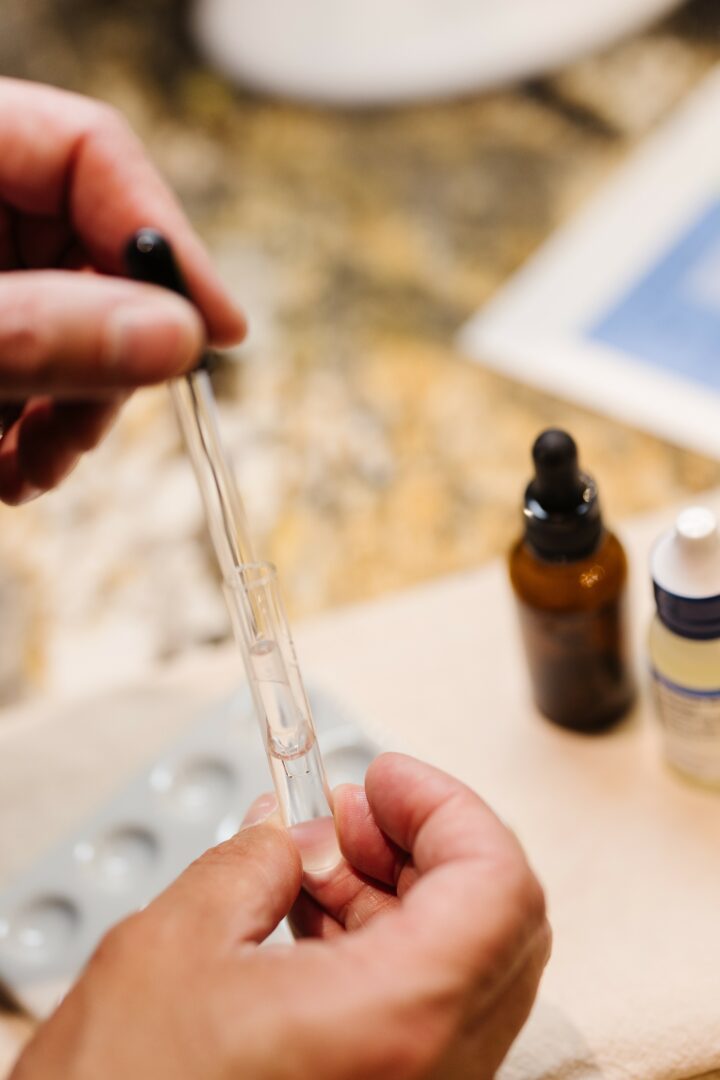
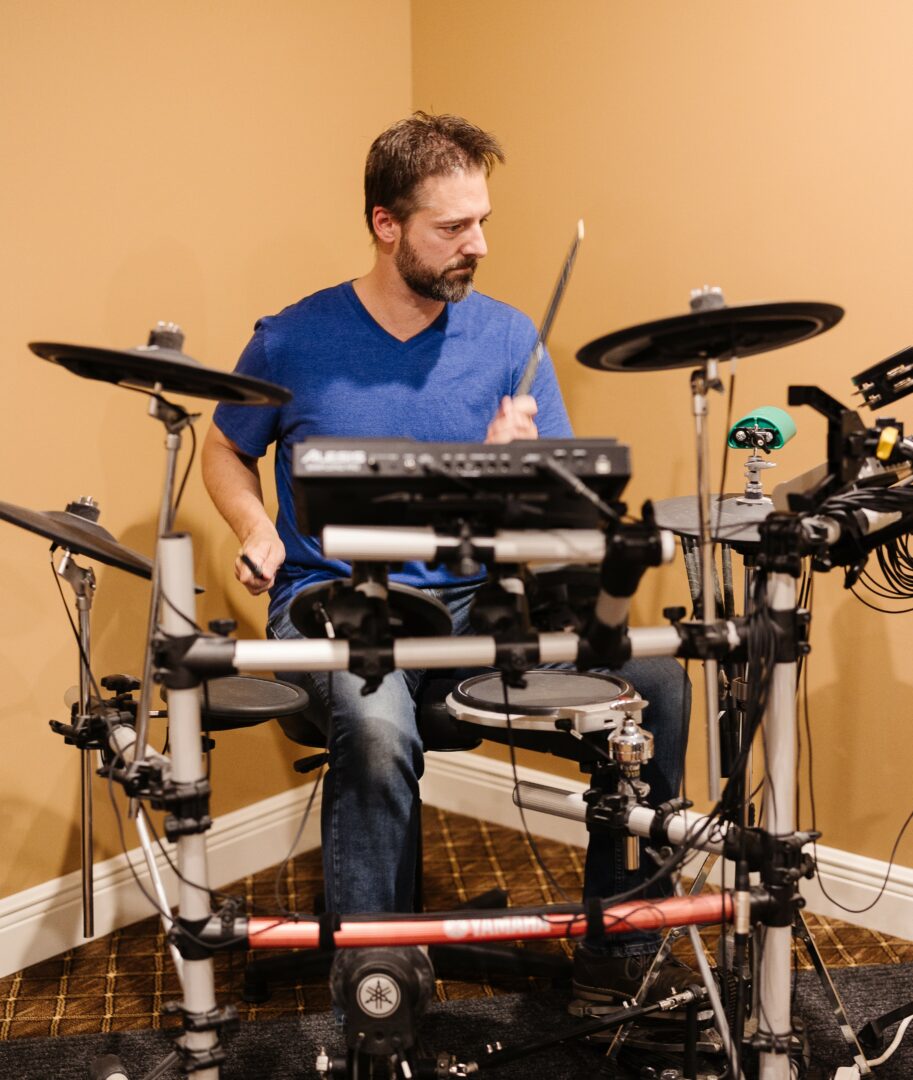
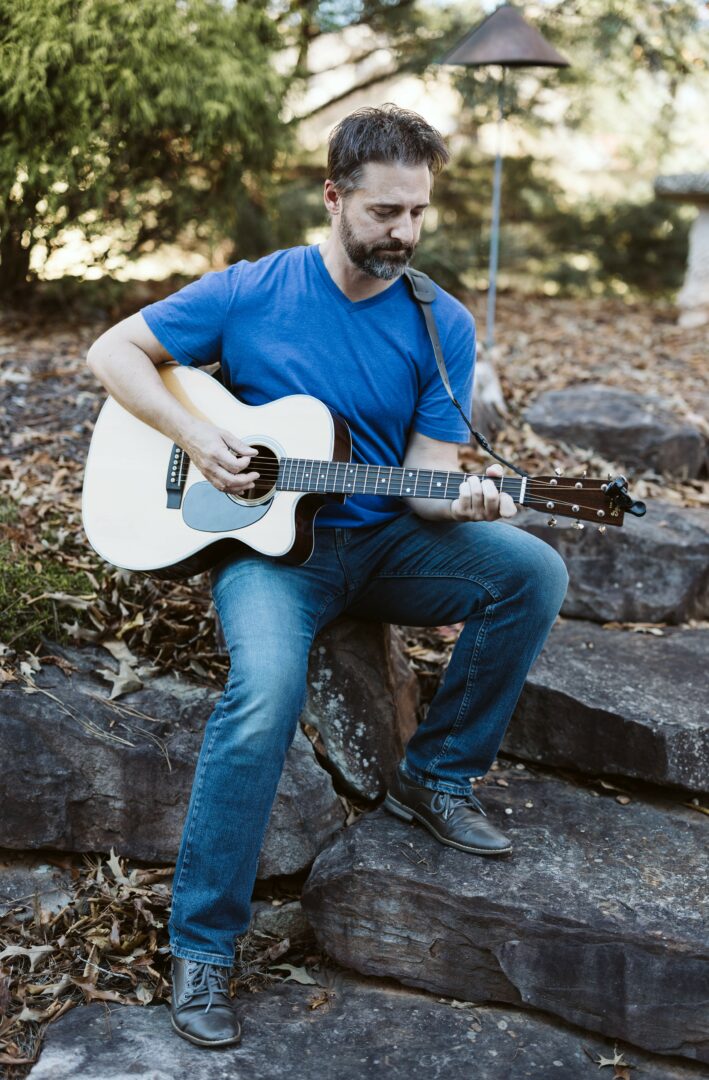
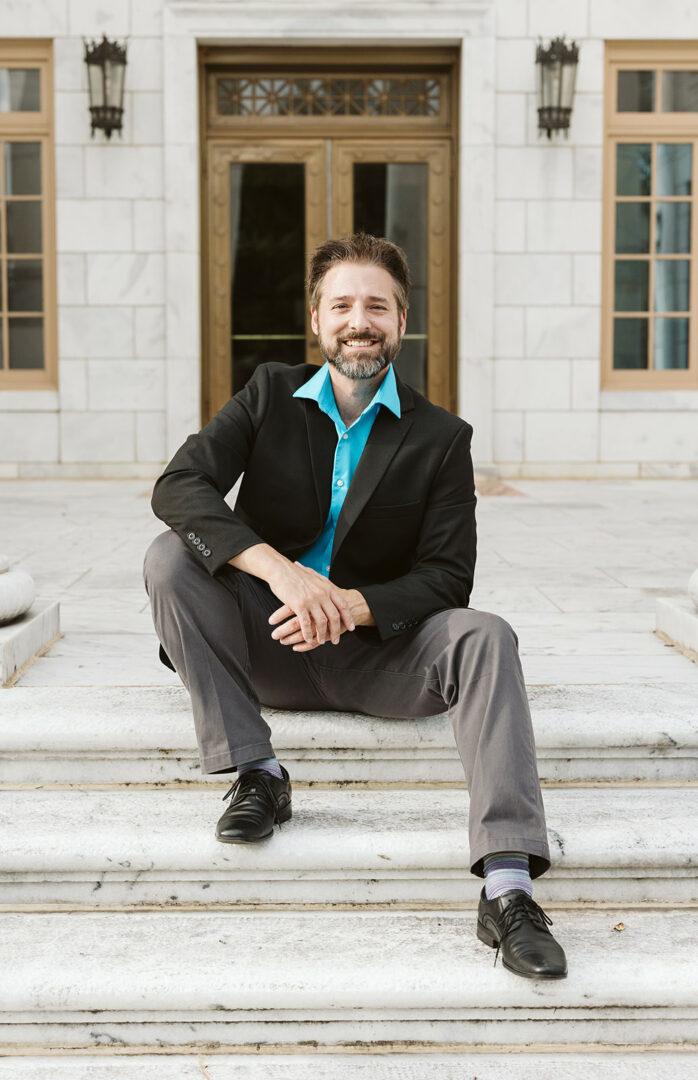
Image Credits
Kaylene Dabbs
so if you or someone you know deserves recognition please let us know here.

